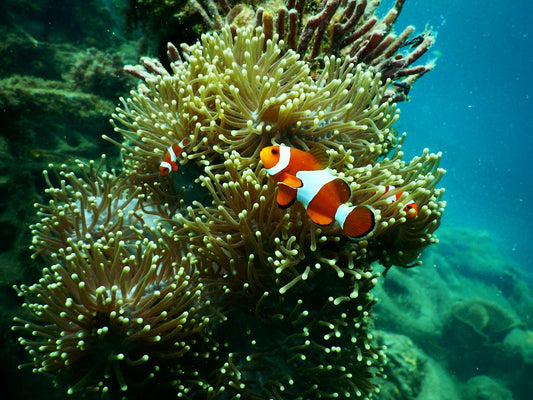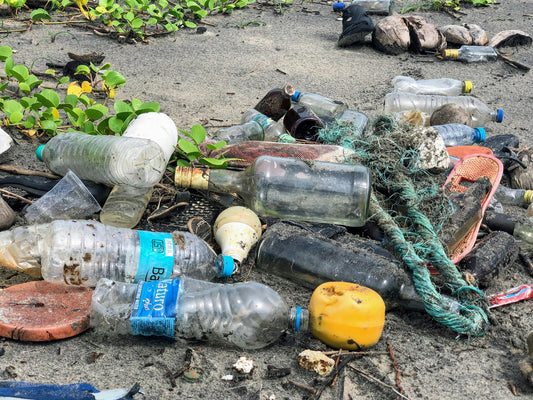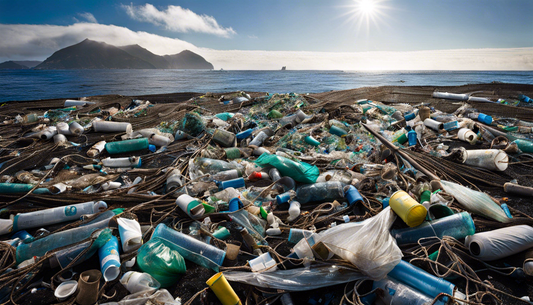Share
Has the Number of Satellite Launches Reached a Tipping Point?:
A new study raises growing concern over space debris and the potential for an uncontrollable increase in satellite launches. Here is a concise summary:
- Rapid Increase in Satellite Launches:
Since the launch of Sputnik in 1957, the number of satellites in orbit has surged. By 2022, there were approximately 6,000 satellites, and projections indicate nearly 60,000 by 2030.
- Space Debris Concerns:
The space environment is cluttered with debris, with nearly 37,000 objects larger than 10 centimeters being monitored by the European Space Agency (ESA) as of September. Additionally, there are over a million hazardous fragments between 1 cm and 10 cm that are invisible and unavoidable.
- Kessler Effect:
The increase in satellite numbers elevates the chances of collisions, generating more debris and escalating the risk of further collisions. This could lead to an uncontrollable chain reaction, rendering an entire orbital region unusable.
- Regulatory Challenges:
The regulations governing space conduct are fragmented, with the primary international framework, the UN's 1967 Outer Space Treaty, now over five decades old. This lack of cohesive regulation exacerbates the problem of space debris.
- Potential Solutions:
One method to mitigate risks involves tracking and maneuvering satellites to avoid collisions. Companies like SpaceX effectively manage their Starlink satellites by de-orbiting those at heightened risk of becoming uncontrollable. However, given the anticipated number of satellites, maneuverability may not provide an ultimate safeguard.
- Expert Opinions:
Experts emphasize that size is a crucial factor in collision risks. Larger satellites have a greater cross-sectional area, increasing the likelihood of collision with debris. Moreover, larger satellites produce more debris when impacted.
- Future Risks:
If a critical point is reached, humanity may witness the exponential growth of space debris, potentially halting space exploration and erasing the benefits derived from space technology, including navigation, weather forecasting, and satellite broadband..
If you want to read more like this, make sure to check out our Blog and follow us on Instagram. If you are interested in truly sustainable products, check out our Shop.
Check out the original source here








